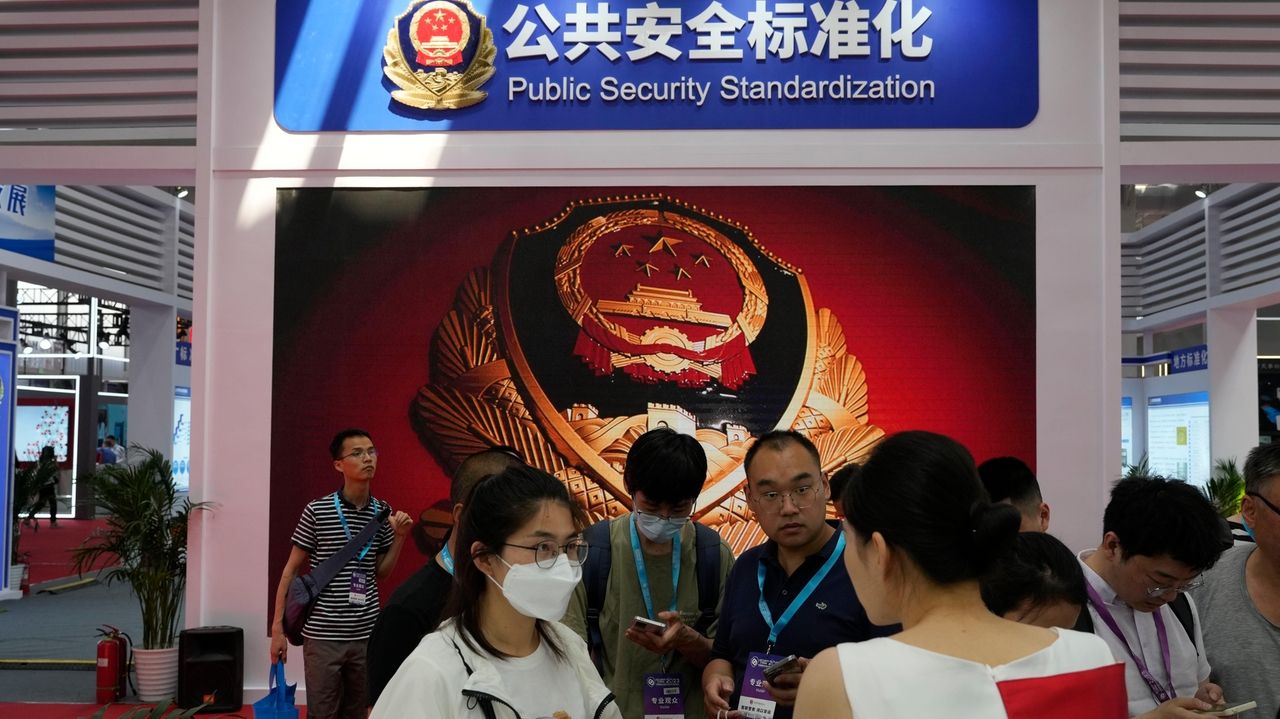US government to investigate China’s Microsoft email breach • The Register
Infosec in brief The July breach of Microsoft Exchange Online by suspected Chinese hackers is the next topic up for review by the Department of Homeland Security’s Cyber Safety Review Board (CSRB).
DHS secretary Alejandro Mayorkas announced the review last Friday, saying it would assess the Microsoft intrusion, as well as conducting a broader review of identity and authentication infrastructure used by cloud providers.
“Organizations of all kinds are increasingly reliant on cloud computing to deliver services to the American people, which makes it imperative that we understand the vulnerabilities of that technology,” Majorkas said.
This will be the third investigation by the recently formed CSRB. It first reviewed Log4j vulnerabilities discovered in 2021, concluding the exploit would likely be a problem for at least a decade. Its second report, which was released earlier this week, focused on the threats from hacking group Lapsus$. In that report, the CSRB said the international cyber crime group used “simple techniques” to evade security tools, and offered ten recommendations for hardening environments against such attackers.
The decision to investigate the July Outlook intrusion, and cloud security more broadly, was welcomed by senator Ron Wyden (D-OR), who last week blamed Microsoft for its failure to protect cloud accounts belonging to US government officials and called for the CSRB to investigate the incident.
“I applaud president Biden and CISA director Easterly for acting on my request for the board to review this recent espionage campaign, including cyber security negligence by Microsoft that enabled it,” Wyden said. “The government will only be able to protect federal systems against cyber attacks by getting to the bottom of what went wrong. Ignoring problems is both a waste of taxpayer dollars and a massive gift to America’s adversaries.”
CISA director Jen Easterly said the CSRB’s findings would help advance cyber security across the cloud – both government and enterprise.
It’s worth noting that the CSRB has no regulatory or enforcement powers. Rather, “its purpose is to identify relevant lessons learned to inform future improvements,”…





